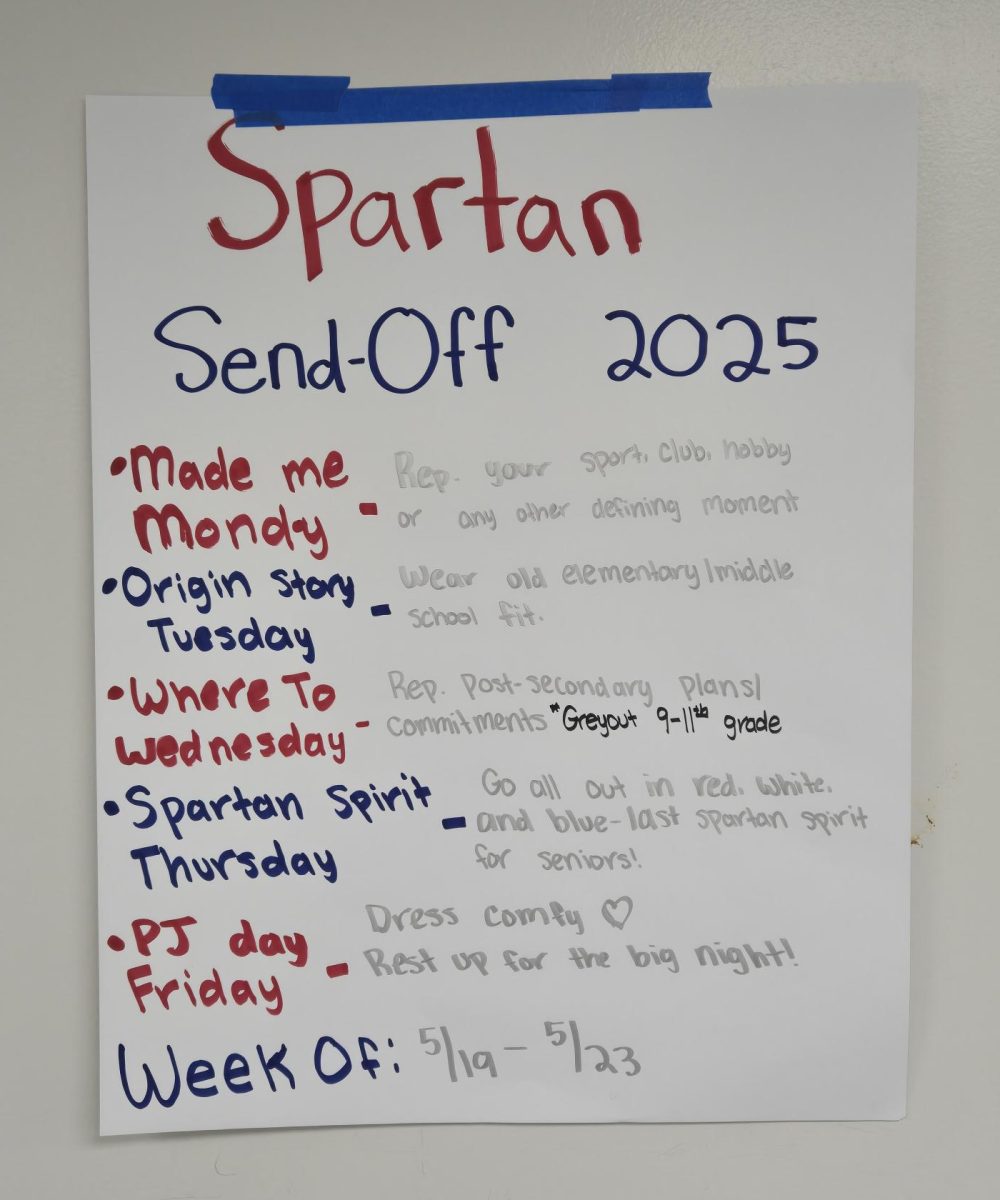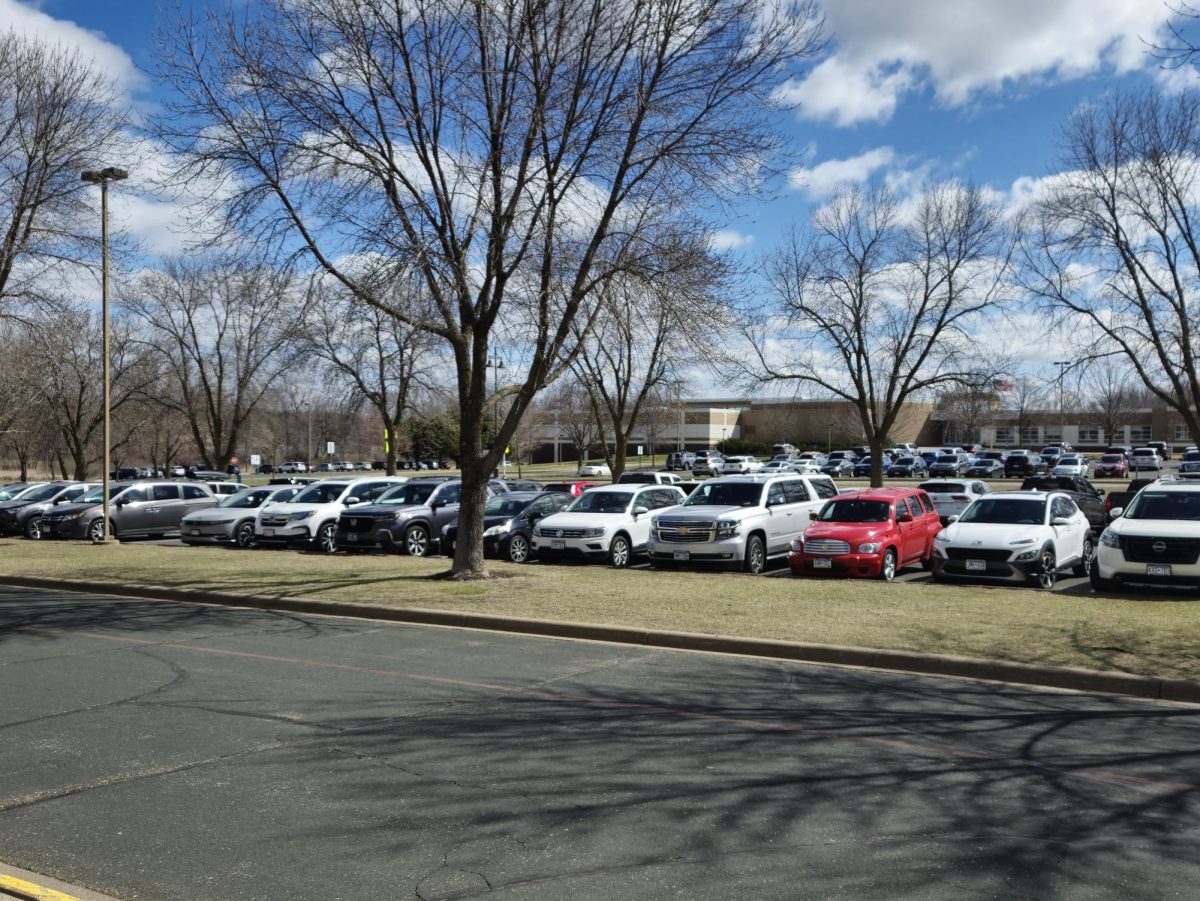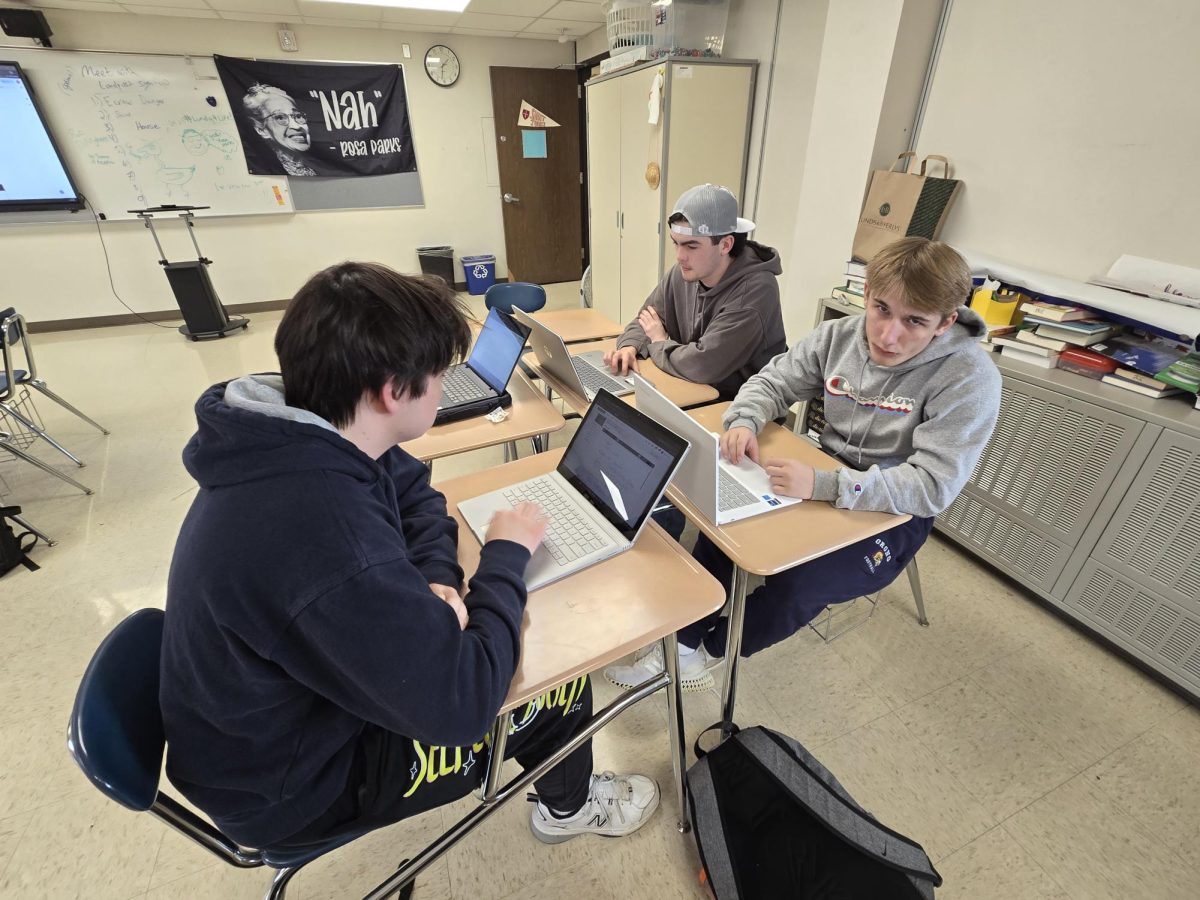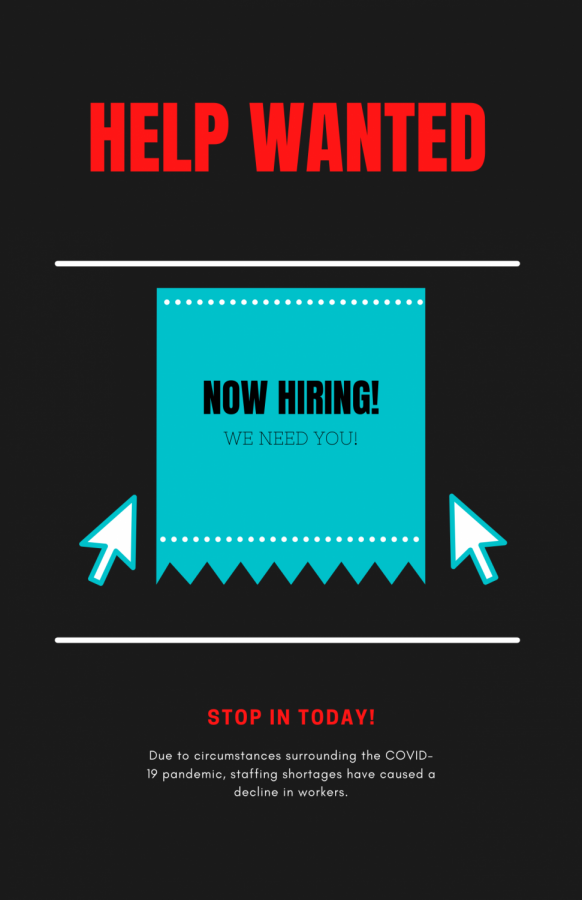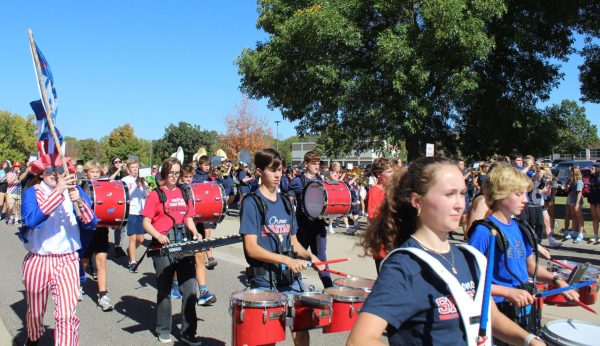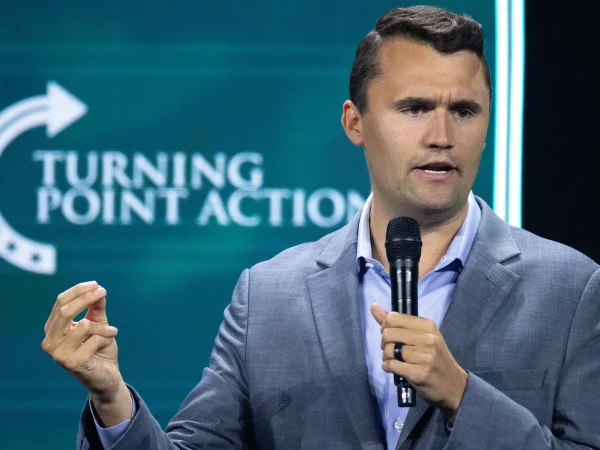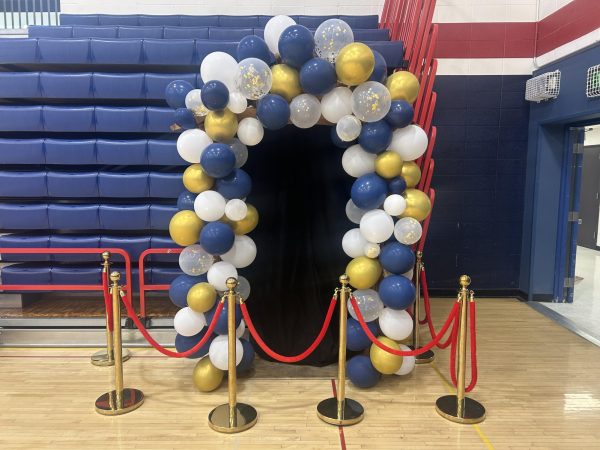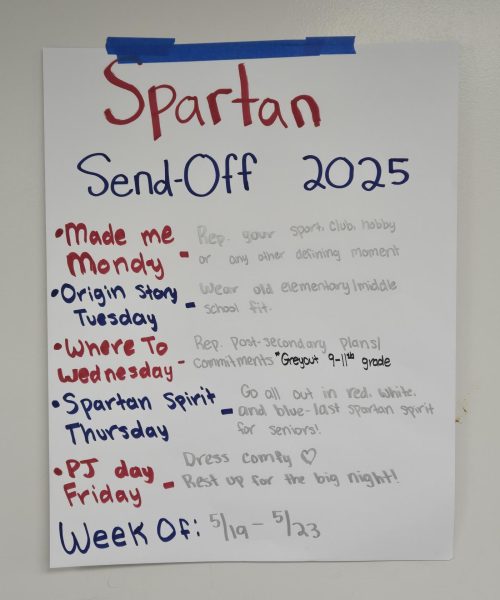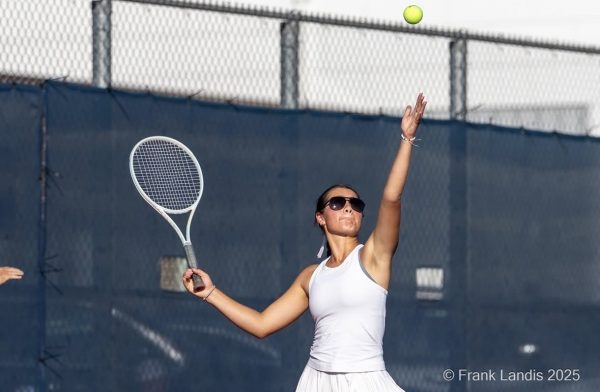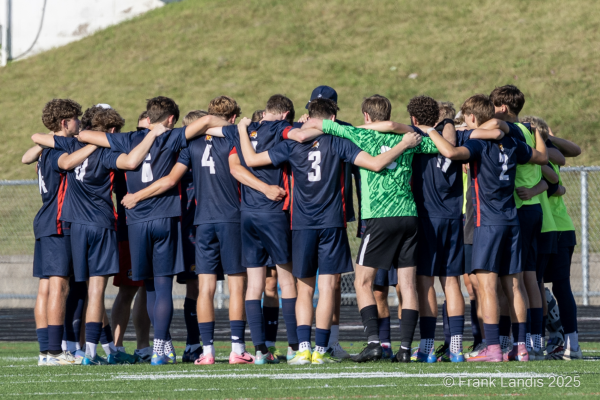Staff Shortages Lead to Less Service
Many workplaces are experiencing staffing shortages from the impacts of the COVID-19 pandemic.
The world has seen an increase in the number of staffing shortages in the workforce. From nationwide, to the students in the Orono community, the COVID-19 pandemic has impacted the way in which workers function at their jobs today.
According to the article, “Strategies to Mitigate Healthcare Personnel Staffing Shortages,” abiding to a certain amount of staffing, in healthcare facilities especially, is crucial to providing a more safe environment for healthcare workers and patients. Providing ways to help prevent the shortage of workers is important when managing ideas to prevent further shortages.
“There are definitely a lot of staffing shortages at Grocer’s Table, where I work in Wayzata. Staffing issues are a very full-circle problem. Because there are extreme staffing shortages, employers overwork their staff, leading them to become frustrated and quit,” senior Libby Engebretson said.
Not only has the pandemic taken a toll on the physical health of people, but it has also taken a toll on their mental health. 1000 mental healthcare professionals were surveyed. While over half said they were too busy to provide utmost care to their patients, 44% felt demoralized and the rest mentioned their workload is unmanageable, according to an article entitled, “Mental health staff ‘overworked, understaffed and demoralized.”
“For a long time, my management had been overscheduling me and going into the school year I asked for my hours to be cut back. They ended up scheduling me about 20 hours for three weeks in a row. I have a social life and with it being senior year, I decided it was best to quit,” senior Lilly Reiner said.
Many people have had to make sacrifices for their respective jobs in order to balance their workload. According to the article, “Human Sacrifices, not Heroes: U.S. Essential Workers and the COVID-19 Pandemic,” it has been argued that fulfilling social functions is a human sacrifice, such as preventing a bad thing from happening. While healthcare workers may be perceived as heroes, many are seeing them as human sacrifices attempting to prevent, in their case, further outbreaks from happening.
“I don’t think I’ve had to make many sacrifices personally. But I know for my stepdad, he works in a hospital, and so for a while right when COVID was starting, we would wear masks at home. Unless we were eating, we always wore a mask for the safety of my dad and his patients,” senior Grace Pierpont said.
With all that has happened because of COVID-19, it has been hard for people to see the positives. While it may be a struggle, there have come to be many attributions people have acquired during this past year. Life lessons can be learned through the COVID-19 pandemic, such as how to become more resilient, according to the article, “What the COVID-19 pandemic tells us about the need to develop resilience in the nursing workforce.”
“It’s definitely hard to think of positive outcomes from the pandemic. But with that being said, being able to spend more time doing something productive outside of the house instead of having to stay home is great,” senior Jack Kopesky said.
Many students within the Orono community have faced their own struggles with their respective jobs over the past year. Although they have their own sacrifices to make, they are able to perceive their work in a new way.
“If someone at work does happen to get sick or if you are in a position in which you need guidance from a fellow coworker, knowing that someone will have your back is a nice reassurance,” senior Sydney Heckmann said.





